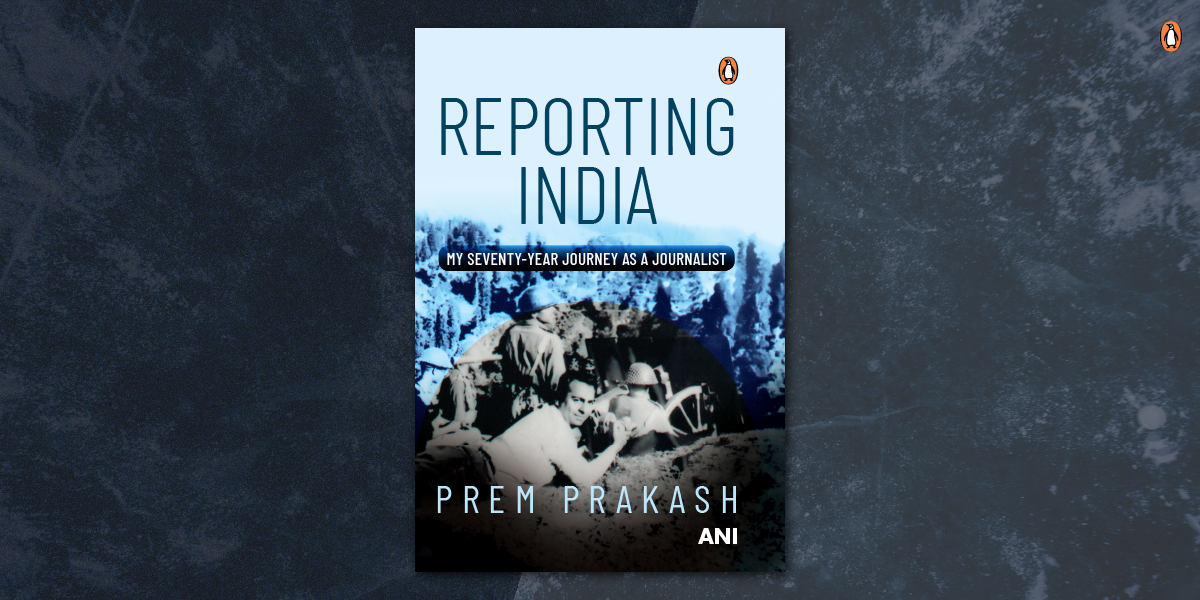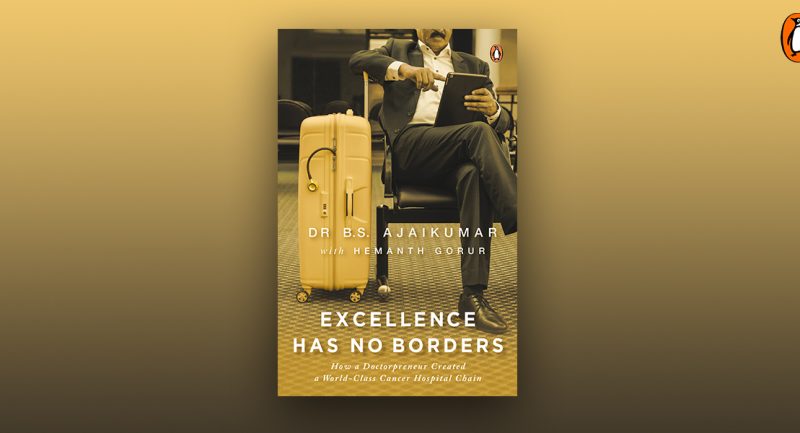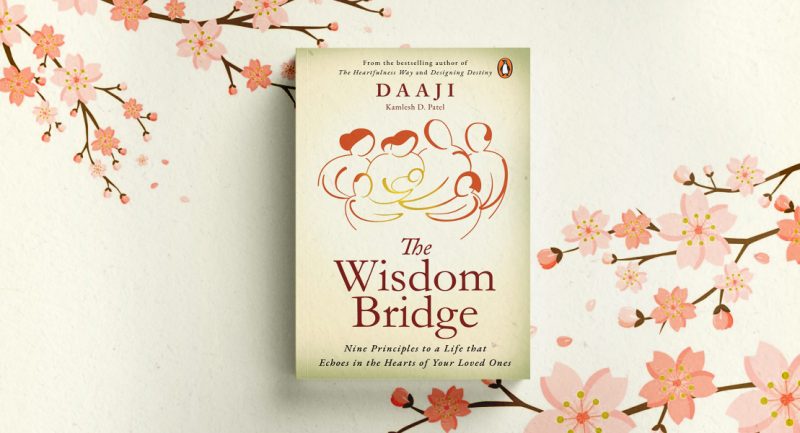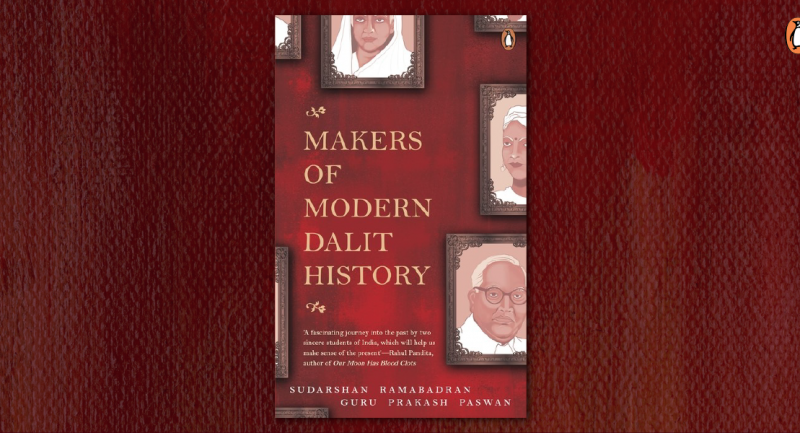
Having worked as a journalist for several years, Prem Prakash was witness to the turning tides of history. Read an excerpt from the account of his outstanding career and the historic moments he was a part of:
The twelfth of June 1975 was like any other summer day in Delhi— hot and humid with frequent power failures adding to the discomfort. Then there was a bolt from the blue. Suddenly, teleprinters in the newsrooms of media offices began clattering out a news alert from Allahabad. The verdict had been delivered on a lawsuit filed by the opposition’s defeated candidate, Raj Narain, against Mrs Gandhi’s election to Parliament in 1971. It was announced by Justice Jagmohan Lal Sinha. Prime Minister Indira Gandhi’s victory from Raebareli had been set aside by the Allahabad High Court following an election petition alleging malpractices and corruption.
Congress was stunned. Journalists rushed to the prime minister’s house. I was there too, along with Surinder, my colleague. Large crowds had gathered to support Mrs Gandhi, while senior Congress leaders went in and out of the house. Mrs Gandhi did not come out. The court barred Mrs Gandhi from holding elected office for six years, but it stayed the execution of the verdict to give her time to appeal against the judgment, if she chose. The media was as stunned as the government. Several were of the opinion that she should resign. By now, however, it was clear that she would put up a fight and go into appeal at the Supreme Court.

After Indira Gandhi’s comprehensive victory in the 1971 Lok Sabha election, her rival, Raj Narain, had challenged the election result in the Allahabad High Court. The case had dragged on. Raj Narain insisted there were corrupt practices, but in fact there were none, except that one of Mrs Gandhi’s confidants, Yashpal Kapoor, whom I had known from Panditji’s time, was just as powerful as he used to be. This indicated that the bureaucracy believed that she hadn’t given up as yet. Raj Narain—the ‘joker in the pack’, as he was known—was elated at the verdict and demanded her resignation.
Yashpal Kapoor’s resignation came a few hours after the election was called, and he had already begun participating in the election campaign while employed by the foreign office of the government, something that the law does not permit. This was at best a technical or bureaucratic irregularity.
The case had already been argued and judgment was due towards the end of May. But the judge delayed it for some unknown reason. It was alleged that some Congressmen approached him to try and influence him in Indira Gandhi’s favour, making things worse for her. The judge was clearly peeved at this approach by the people whom he considered Mrs Gandhi’s agents.
Justice Jagmohan Lal Sinha had been avoiding public appearances for quite some time. He stayed home and called his stenographer to dictate his judgment. To guard against leakage, the judge insisted that his stenographer stay in his house. The day the dictation was completed, he asked the stenographer to disappear. That was 11 June 1975.
These are all known facts. The judgment was to be announced the next day, 12 June. Everybody across the nation was waiting. The judge arrived in court at 10 a.m., and within five minutes he allowed the petition.
The news spread like wildfire all over India and beyond. A news flash said that the court had allowed Raj Narain’s petition and found Mrs Gandhi guilty of corrupt practices. The judge then read out the judgment pronouncing Mrs Gandhi guilty on the basis of a simple technical error. It was like pronouncing a death sentence on someone for jaywalking.
Mrs Gandhi brushed aside all hints at possible corrupt practices by officials around her. At some point, when confronted with a question at a press conference as to why she was not taking steps against corruption, she had replied that corruption was a universal phenomenon. That sent a message down the line to the corrupt bureaucracy that it was okay to indulge in such practices so long as you did not get caught with your hands in the till.
After the Allahabad judgment, Mrs Gandhi was expected to resign. But she stood firm and said she would not do so, not till she went to appeal to the Supreme Court. The opposition took to the streets to protest at her challenging the judgment. This, to my mind, was totally unfair. You cannot prevent a person from exercising all their legal options. Demonstrations by the opposition, primarily led by the Jana Sangh, were not that big. These also did not resonate with the people, as by and large everyone felt that Mrs Gandhi had every right to go in for appeal.
…The Supreme Court, in its judgment on 24 June 1975, upheld the Allahabad High Court judgment, adding that Mrs Gandhi could continue as prime minister for six months and attend Parliament but not vote there. Subsequently, on 7 November 1975 (during the Emergency), the Supreme Court overturned Mrs Gandhi’s conviction in the Allahabad judgment.
Obviously, during those six months, following the Supreme Court’s conditional stay order, the prime minister’s office would be occupied by a person who was not really authorized to be there because of the Allahabad High Court order. At least this was the sensible way of looking at it—if the prime minister was disqualified she ought to resign, as the opposition insisted while holding their demonstrations.
The unrest was beginning to affect the country’s stability. The government had come to a virtual standstill, and many bureaucrats felt they were carrying out the orders of an illegal government.
–
Reporting India is an invaluable work, showing an intimate understanding of events we have only read about, from someone who was a part of those times.









